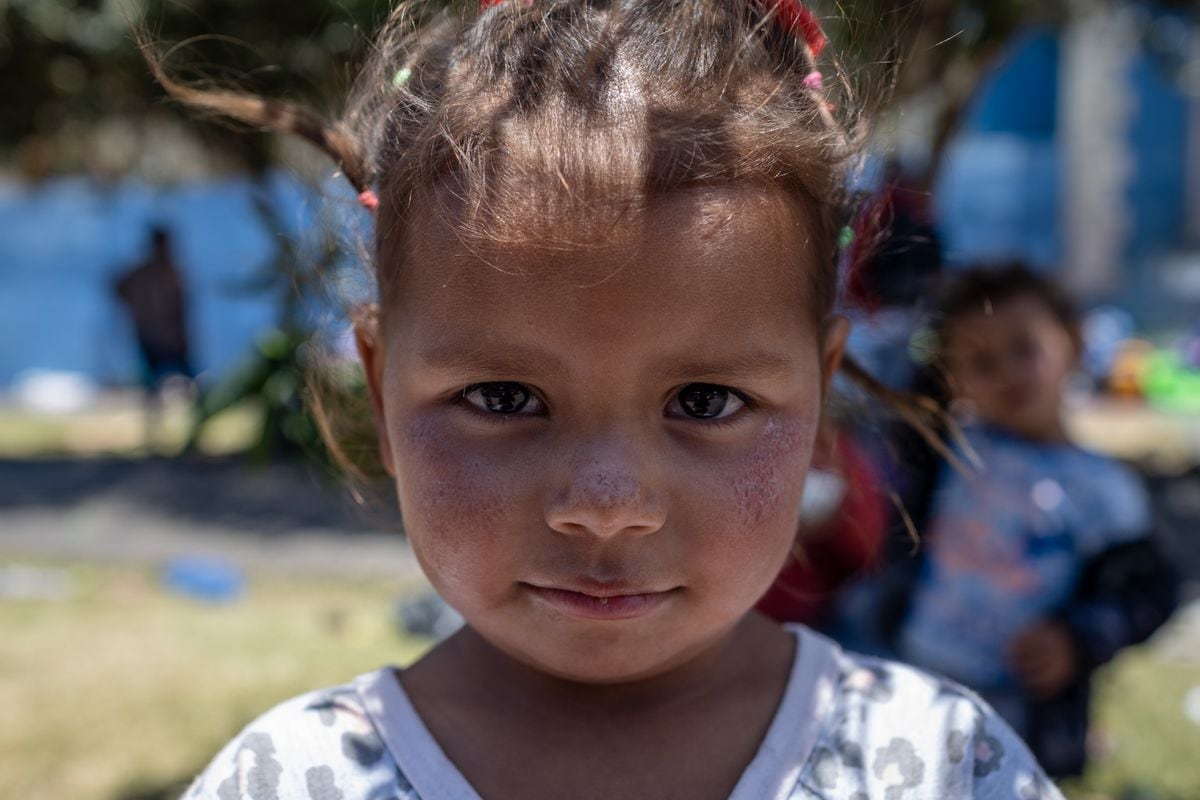Good news about the decline in discriminatory attitudes against women and girls in Latin America.
The most recent publication of the Gender and Social Institutions Index (SIGI) of the Organization for Economic Cooperation and Development (OECD) shows that in the last three years several countries in the region have improved their laws, social norms and practices that often restrict women's rights and limit their opportunities.
Latin America registered a rating of 22, on a scale from 0 to 100 in which 0 is zero discrimination and 100 is absolute discrimination.
The country that obtained the best rating was Costa Rica, with 11.1.
Mexico, Colombia, Argentina and Chile received scores of 22.3;
24.4;
17.8;
and 27.7, respectively.
From 2019 to today, the region went from having eight countries in a medium or high category of discrimination to only three, said Bathylle Missike, head of the Networks, Partnerships and Gender division at the OECD Development Centre.
"In Latin America, the levels of discrimination are much lower compared to Africa or Asia," says Missike in an interview via video call from Paris.
"Not everything is rosy, but I think it is very important that for the three subregions, Central America, South America and the Caribbean, they all have low levels of discrimination," added the specialist in charge of the Index.
On a global scale, the SIGI found that the number of countries committing to eliminate gender inequality is increasing.
For example, countries that criminalize domestic violence have strengthened their legal frameworks to cover more types of abuse since 2017, particularly against psychological abuse.
The political will to involve more women in public life is also increasing: 76 countries have an action plan promoting equality between women and men in political and public life.
Yet 40% of women and girls still live in countries where the level of gender discrimination is high or very high, largely due to deeply entrenched gender norms.
Some 340 million women in the world still cannot have a safe abortion under any circumstances, even when it is necessary to save their lives or when it is the result of rape or incest.
Based on surveys, SIGI found that more than half of the world's population (56%) think that when a mother works for wages, her children suffer and almost half (48%) think that men make better political leaders. that the women.
“Regarding gender roles, particularly unpaid care work, it is fully accepted that women will do more unpaid care work, which has to do with reproductive autonomy and labor rights,” Missike explains.
In Chile, for example, the study found that more than a third of the population agrees that when work is scarce, men should have more right to a job than women.
And 52% of Chileans think that when a mother works for a salary, the children suffer.
In Bolivia, it is 81% of the population that thinks that.
“This shows some deep-seated prejudices and negative attitudes towards working mothers,” Missike continues, “and this has economic consequences.
It means that because of attitudes, there are a lot of women who could be in the workforce.
There could be other reasons as well, such as the lack of social protections.”
Missike noted that progress for women, globally, would have been greater without the covid-19 pandemic, which set back progress toward gender equality by more than a generation.
Latin America has things to celebrate, says Missike, “such as the fact that Argentina and Colombia liberalized their abortion laws in 2020 and 2022. But something important to keep in mind is that progress is never linear.
There can always be delays.
In Honduras, for example, they amended the Constitution in 2021 prohibiting abortion in an absolute manner” There are still 21 countries in the region where the right to abortion is non-existent or under very limited restrictions.
“This poses a threat to women's health, because it increases the number of unsafe abortions and the number of unwanted pregnancies, which weakens women's participation in the labor force,” concludes Missike.
subscribe here
to the
EL PAÍS México
newsletter and receive all the key information on current affairs in this country

